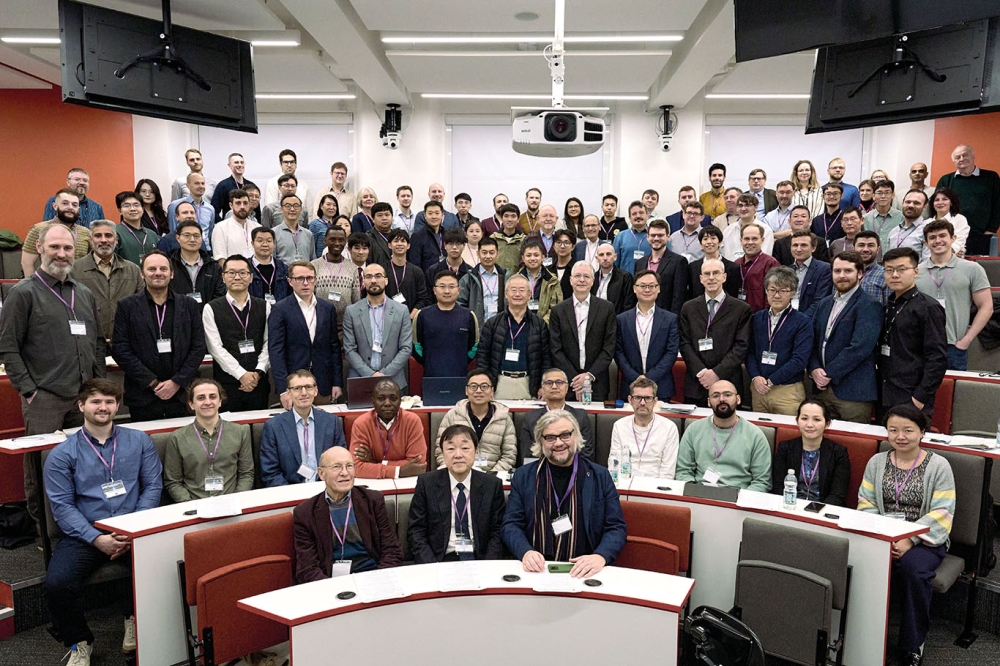Lumileds halts flip-chip packaging until March
A packaging problem in Philips Lumileds thin-film flip chip Luxeon K2 and Rebel LEDs has forced the company to shut down production and issue a product recall.
The cause of the problem has been identified as an epoxy material used in packaging its thin-film flip-chip (TFFC) die, but beyond this further investigation is still ongoing.
“We asked specific customers to return some Luxeon Rebel TFFC and some Luxeon K2 TFFC parts that were manufactured between October 28 and January 12,” commented Steve Landau, Lumileds director of marketing communications. Landau said that although only a small proportion of the chips were failing, the company felt it had to act to maintain its high product standards.
“We take quality and reliability very seriously,” he said. “We stand by that data for these products.”
Lumileds says that it will continue production of the TFFC LED chips so that they can rapidly be packaged together with the troublesome epoxy once the problem is eliminated. The company expects this packaging stage to resume in March 2008 at its Malaysian facility.
Landau explained that most of the affected products had not yet been shipped and remained in the company's inventory. “Fewer than 5 percent of our customers worldwide received potentially affected product because of the inventory position,” he said.
Now, Lumileds will try to find solutions acceptable to the affected companies, like supplying them with alternative inventory, until full production restarts.
Limited impact
Production of the LEDs in question only began in the second half of 2007 and so was still in the process of ramping-up when the problem was found. This, and the very limited portion of Lumileds' product portfolio affected by the problem, should restrict the impact on the company according to Landau.
“Luxeon I, Luxeon III, Luxeon V, Luxeon Flash, SuperFlux and SnapLed, all of which are very important parts of our portfolio and in broad use throughout the market, none of those are affected,” he pointed out.
“Luxeon Rebel not using TFFC, and there are many part numbers that do not use TFFC, is unaffected. Luxeon K2 that does not use TFFC is unaffected. It is specific to Luxeon K2 and Luxeon Rebel devices that are using TFFC because this epoxy was used in that packaging process.”
This conflicts with the predictions that the recall will lead to an $80-million-plus loss of high power LED sales for Lumileds made by Jed Dorsheimer, an investment analyst at CanAccord Adams. “We view this as tremendous egg on the face of Philips Lumileds,” he said in his discussion of the overall impact of this incident on the solid-state lighting industry.
“Jed did not contact us or talk with us at all,” Landau said in response to Dorsheimer s comments. “Unfortunately, what Jed wrote is just speculation on his part."































